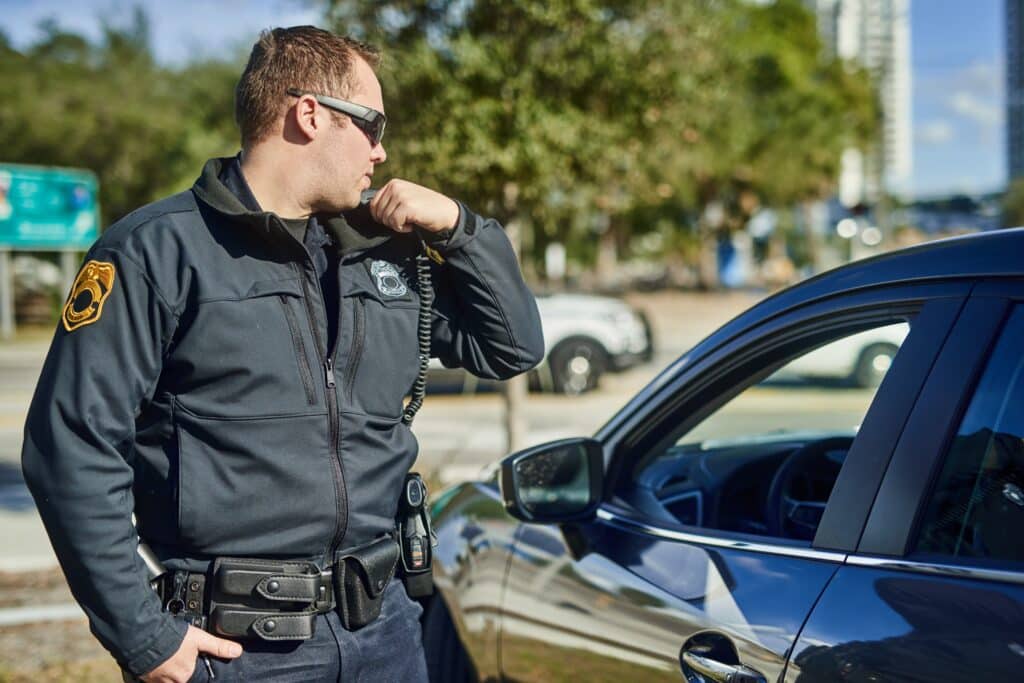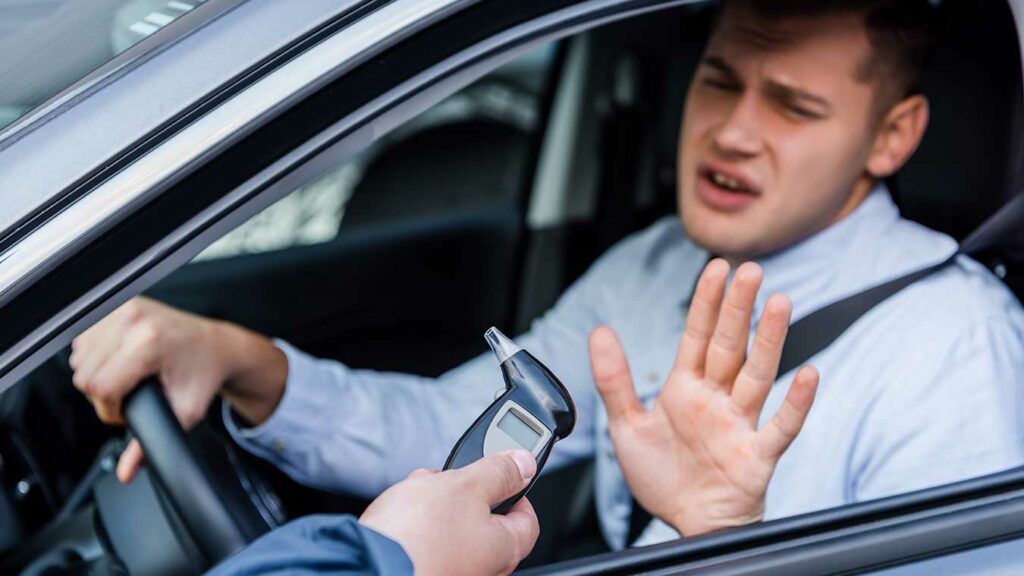- A traffic stop on a “no-refusal” weekend is only slightly different than a traditional traffic stop
- Police don’t have any extra authority during these weekends
- You do not have to comply with field sobriety testing during these weekends
You’ve probably noticed the big flashing warnings along Texas highways whenever a holiday weekend is approaching, notifying drivers of an upcoming “no-refusal weekend.”
But what happens if you get pulled over on one of these weekends? Do police really have the right to require you to submit to DWI field sobriety testing and Breathalyzer tests just because it’s a holiday weekend?
It is still completely within your rights to refuse testing, and that never changes, regardless of whether it’s a holiday.
What Is a “No-Refusal” Weekend?
“No-refusal” weekends typically occur over holidays like Christmas, New Year’s, Memorial Day, and July 4. They can also be scheduled to correspond with special events like the Super Bowl. These weekends aim to increase enforcement during times when drivers are more likely to be intoxicated.
The purpose is to deter drunk driving by making it easier for law enforcement to obtain warrants for DWI blood tests.
READ MORE: DWI vs. DUI
Why DWI “No Refusal” Weekends are a Myth
The term implies that you must submit to DWI traffic stops during these times, but that’s false. It is no different than any other traffic stop; there’s only one key difference – if you refuse to voluntarily allow police to draw your blood, they will likely be able to obtain a search warrant to get that blood sample faster than on a normal weekend.
If you refuse to consent, the only way police can obtain a blood sample against your will during a DWI arrest is by getting a search warrant. To do that, police must convince a judge that there is probable cause to suspect that your blood alcohol concentration is over the legal limit of .08. Sometimes it can be difficult to reach a judge, or there may not be a judge available at all.
If there is no judge available, the cops may not be able to take a blood sample.
Judges are on call on “no-refusal” weekends to issue warrants quickly.
READ MORE: Straight talk about DWI in Texas
You Don’t Lose Your Legal Rights – No Matter What DPS Says
After you’re pulled over, police may try to tell you that you “must” comply. Tell them that your attorney has instructed you not to comment and to refuse all field testing and alcohol testing.

You Don’t Have to Answer the Officers’ Questions
The police officer may try to persuade you to answer seemingly casual questions about your holiday plans, such as “So, where are you coming from?” or “What have you been up to tonight”? However, you don’t have to answer.
Police officers are trained to extract information from you. You can and should refuse to answer all questions. You only have to provide your name, address, date of birth, driver’s license, and proof of insurance.
After that, simply tell them that your lawyer has advised you not to answer any other questions.

You Have the Right to Refuse Testing at the Scene
You do not have to submit to portable Breathalyzers and field sobriety tests during these weekends; they are not mandatory.
However, once you’re arrested, you’ll be asked to provide a blood or breath sample. If you continue to refuse at that point, you risk driver’s license suspension, and officers will simply get a warrant that forces you to comply. Because judges are on standby on these weekends, it likely won’t delay the test for long.
Once the officers have secured the search warrant, we tell clients that it’s in their best interest to let them take the blood sample. Don’t make the police use force; it will be unpleasant.
READ MORE: How to beat a DWI or DUI arrest
Mandatory DWI Checkpoints Aren’t Legal in Texas
If you’re traveling out of state for a holiday, you may encounter a “mandatory” DWI checkpoint. Your rights remain the same. You do not have to answer questions or comply with field sobriety tests.
These DWI checkpoints are not legal In Texas. Even on holiday weekends, officers must have reasonable suspicion that the driver is impaired or has committed some sort of traffic law infraction.
Protect yourself. Know your rights, and don’t allow police to catch you off guard.

Ben has vast experience in defending criminal cases ranging from DWIs to assault, drug possession, and many more. He has countless criminal charges dismissed and pled down. Among many other awards, one of the Top 10 Criminal Defense Attorneys in Texas and winner of Top 40 under 40.
Ben has vast experience in defending criminal cases ranging from DWIs to assault, drug possession, and many more. He has countless criminal charges dismissed and pled down. Among many other awards, one of the Top 10 Criminal Defense Attorneys in Texas and winner of Top 40 under 40.